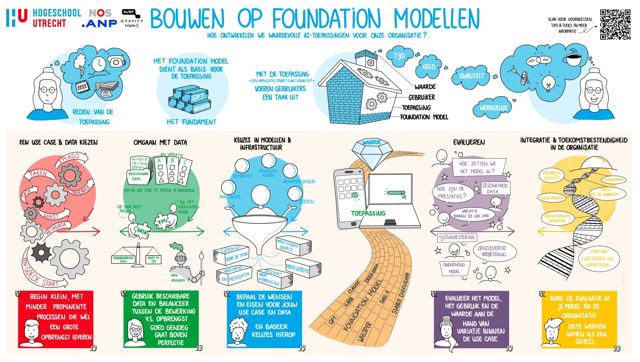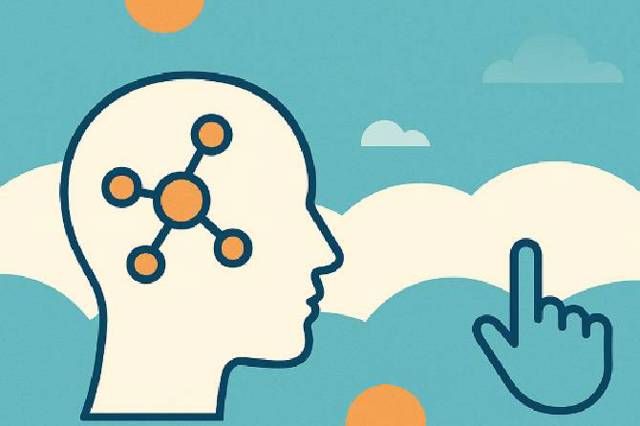< Back to news
For computational linguists like Fernández, large language models suddenly offer a new tool to quantify all kinds of properties of human dialogues and test whether certain hypotheses about human language use are correct. For example, one of the theories from psycholinguistics is that people unconsciously adapt their language use in such a way that their conversation partner can understand them with as little effort as possible. For example, by making a sentence shorter, or by using simpler words or simpler constructions. Fernández: 'With these powerful language models we can to a certain extent quantify how people use language. Then we see that people do indeed try to speak in such a way that the other person understands them with minimal effort. But we also see that for some sentences and for some language use the models underestimate that effort. That's because large language models are trained on many more texts than you and I can ever read.'
Although large language models are great at generating language, it is difficult to get them to do a specific task, such as booking a restaurant or a ticket. Fernández: 'Language models generate what is most likely and they are not trained to work with you to achieve the goal you have in mind. To achieve this, the system must know what the goal is and how it can achieve it. That is a major challenge at the moment.'
Read the entire article here.
Published by the University of Amsterdam.


14 February 2024
Raquel Fernández tries to make chatbots more human
Last year, AI systems that write human texts made their breakthrough worldwide. Yet many scientific questions about how exactly they work remain unanswered. The UvA asked three UvA researchers how they try to make the underlying language models more transparent, reliable and human. This week, colleague Raquel Fernández talks about her research.
UvA professor of Computational Linguistics & Dialogue Systems Raquel Fernández, affiliated with the ILLC, tries to bridge the gap between large language models and the way people use language. Fernández, who leads the Dialogue Modeling research group: 'I am interested in how people talk to each other and how we can naturally transfer this ability to machines.'
For computational linguists like Fernández, large language models suddenly offer a new tool to quantify all kinds of properties of human dialogues and test whether certain hypotheses about human language use are correct. For example, one of the theories from psycholinguistics is that people unconsciously adapt their language use in such a way that their conversation partner can understand them with as little effort as possible. For example, by making a sentence shorter, or by using simpler words or simpler constructions. Fernández: 'With these powerful language models we can to a certain extent quantify how people use language. Then we see that people do indeed try to speak in such a way that the other person understands them with minimal effort. But we also see that for some sentences and for some language use the models underestimate that effort. That's because large language models are trained on many more texts than you and I can ever read.'
Although large language models are great at generating language, it is difficult to get them to do a specific task, such as booking a restaurant or a ticket. Fernández: 'Language models generate what is most likely and they are not trained to work with you to achieve the goal you have in mind. To achieve this, the system must know what the goal is and how it can achieve it. That is a major challenge at the moment.'
Read the entire article here.
Published by the University of Amsterdam.
Vergelijkbaar >
Similar news items

May 29
Building responsibly on foundation models: practical guide by Utrecht University of Applied Sciences and RAAIT
Researchers from RAAIT have published a practical guide for organisations aiming to develop AI applications using foundation models. The guide supports responsible decision-making.
read more >

May 29
SER: Put people first in the implementation of AI at work
In a new advisory report, the Dutch Social and Economic Council (SER) calls for a people-centred approach to AI in the workplace, warning of risks to jobs and social cohesion.
read more >

May 27
🌞 Open Space: AI meets Science Communication – will you take the stage?
Are you working on AI with impact? Wondering how to talk about it with the world? Join us on Thursday 4 July for an open space afternoon on AI & Science Communication, co-organized by Amsterdam AI and NEWS (the Dutch national centre for science & society).
read more >